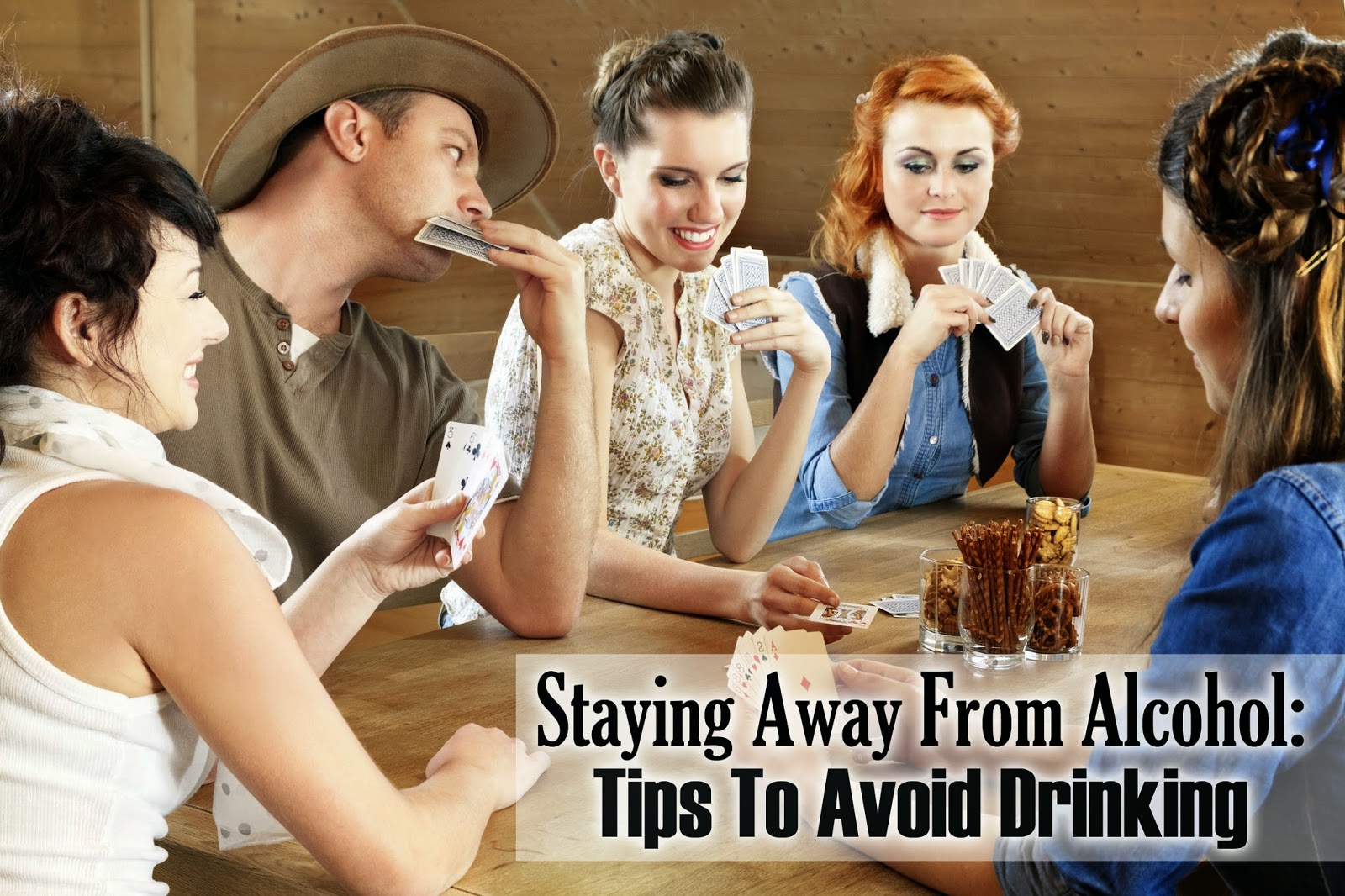
"I will not drink tonight," is what you say when you are abstaining from alcohol and are faced with the prospect of going out for the evening.
This prospect can raise fears and anxiety in those that are struggling with alcohol abuse or even a burgeoning alcohol dependence. While this situation is a difficult and serious one, there are some simple tricks and tips that can help you to get through the evening with minimal temptations towards imbibing in alcohol.
NOTE: These are suggestions to aid in the abstinence from alcohol in social situations. Alcohol dependence and alcohol abuse issues should be discussed with medical professionals or substance abuse counselors.
Staying Sober In A Restaurant
Staying Sober In A Bar
While this situation is admittedly a bit more difficult than the bar setting, there are ways to avoid the hyper-present temptations of alcohol in a bar. Just like in the restaurant setting, social interaction is key to staying sober. First-off, grab yourself a carbonated water; fizzy water mimics the tingling sensation of alcohol on the lips, mouth, and throat. This is a simple but effective trick into fooling your mind into a bit of contentment.
Lastly, do not be hesitant to walk out to the front of the bar, patio or smoking area if the temptations become very strong. "Getting a breath of fresh air" can help to reset your mind and give you a second wind on your will against using alcohol.
There are plenty of little tricks that you can use in any situation to avoid the pressures of alcohol abuse. Take the time to notice what triggers you in social situations and discover your own tricks to help you to battle against those triggers and successfully distract yourself.



